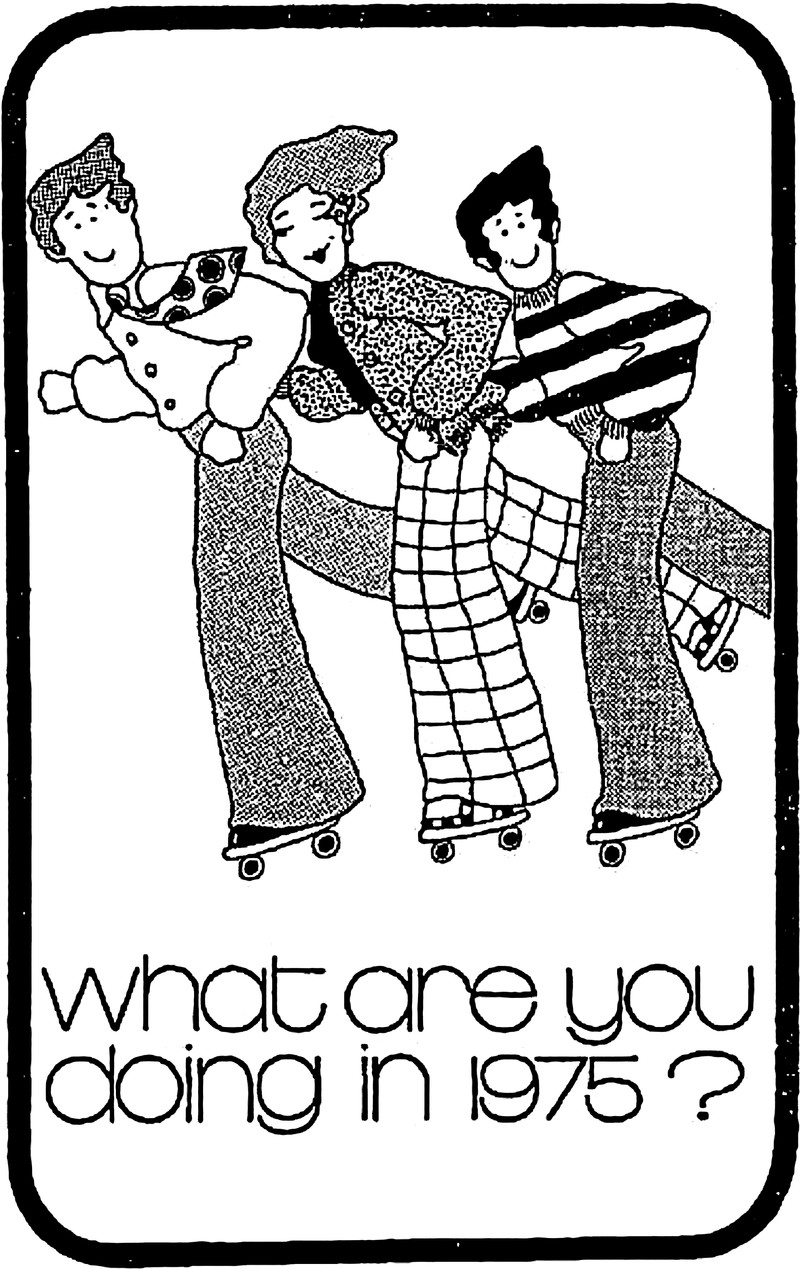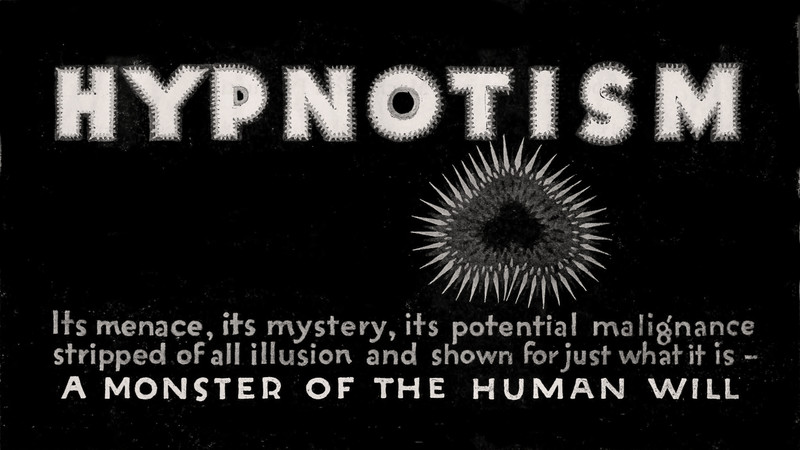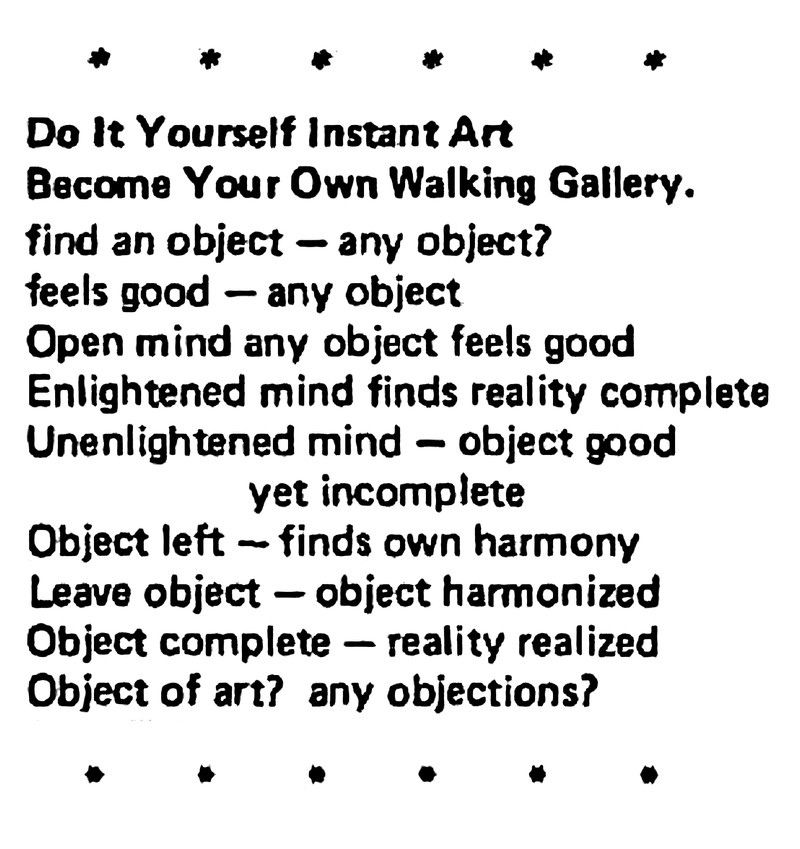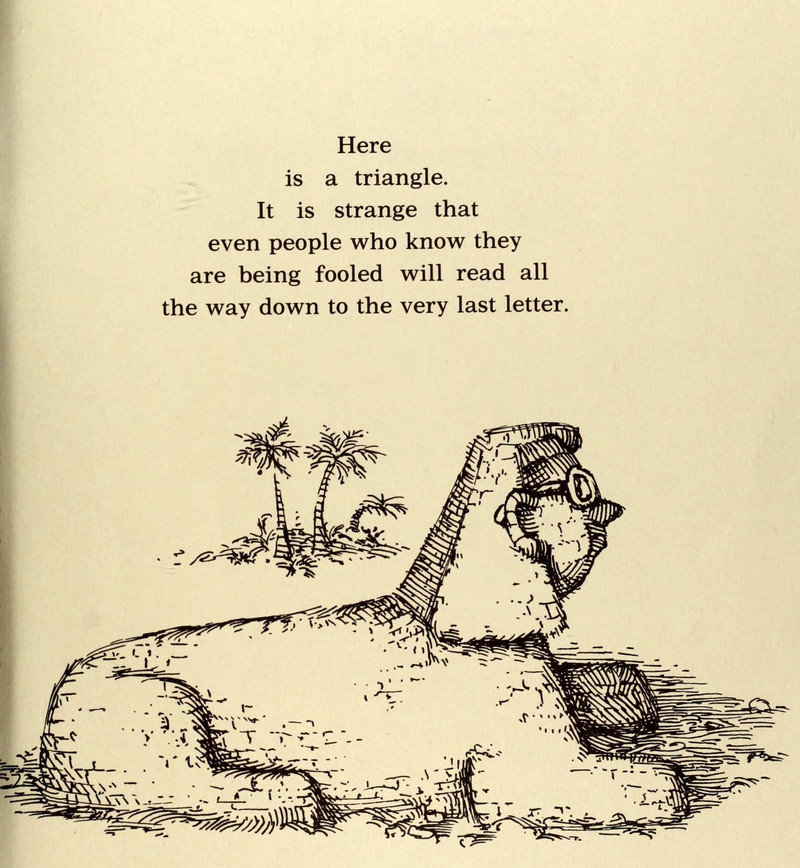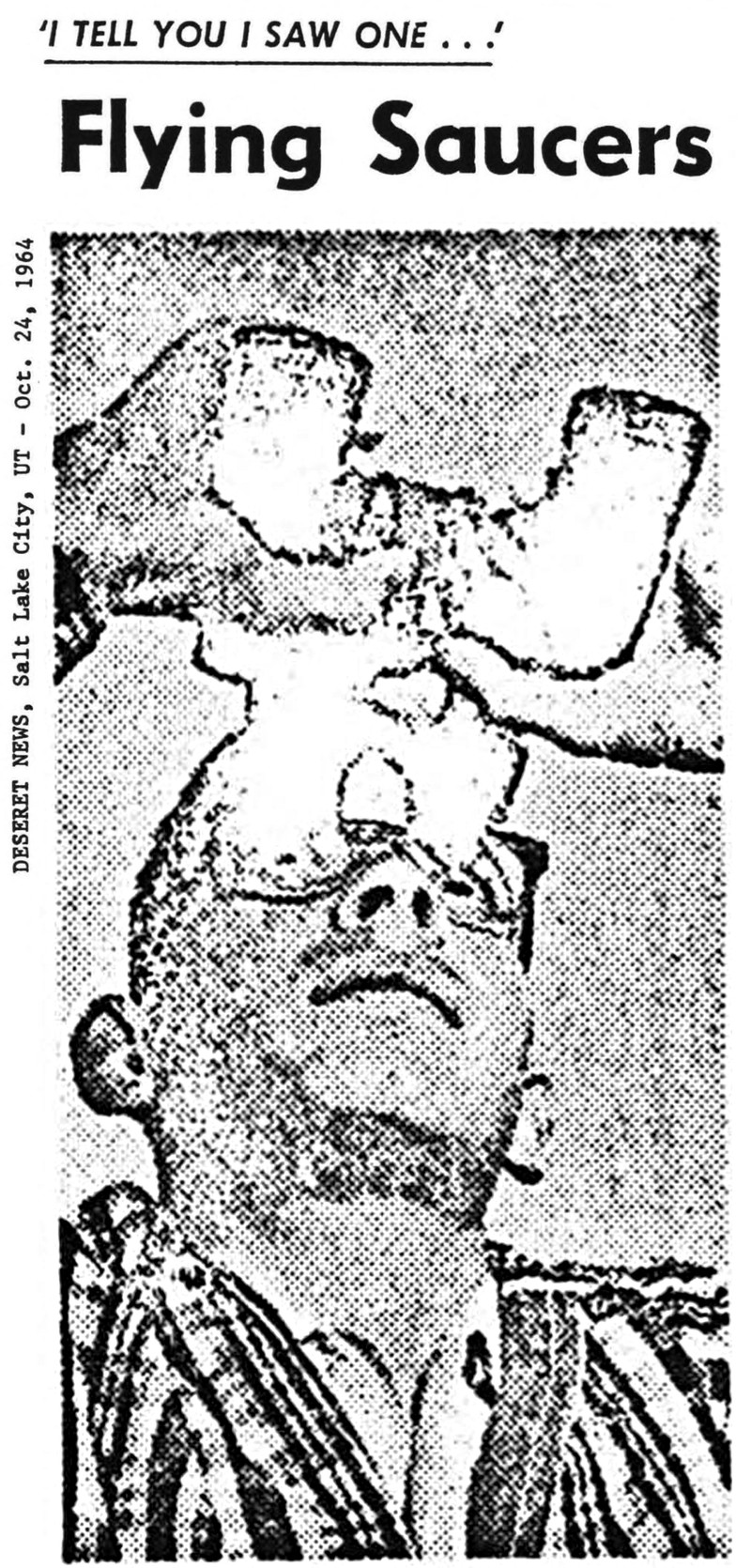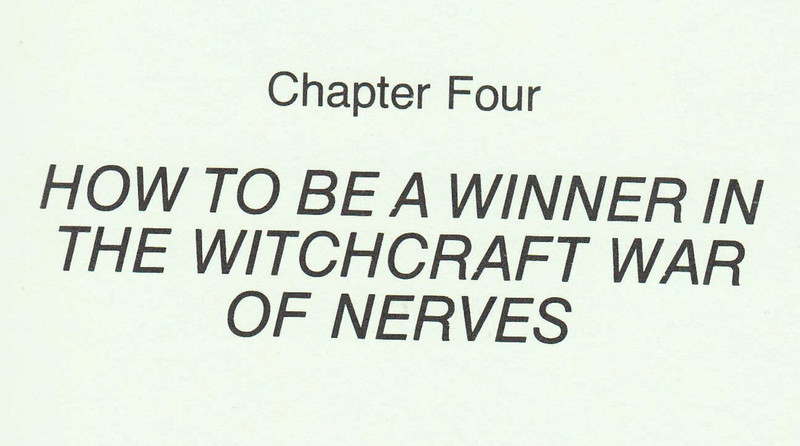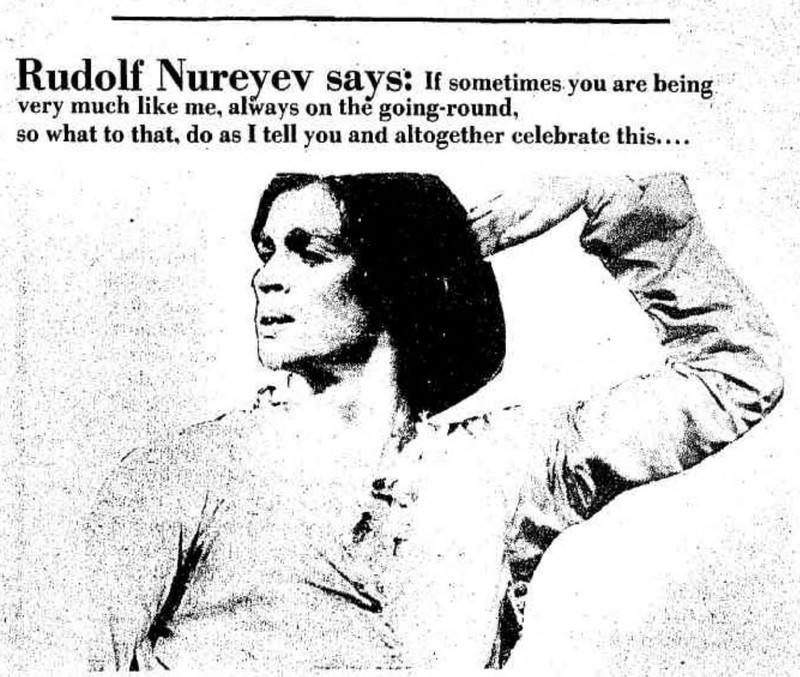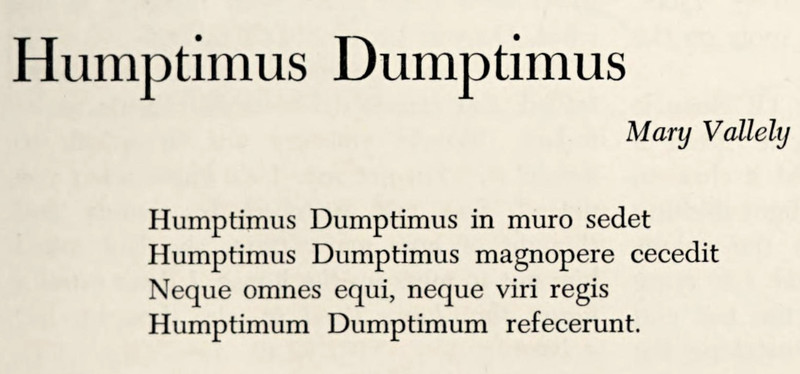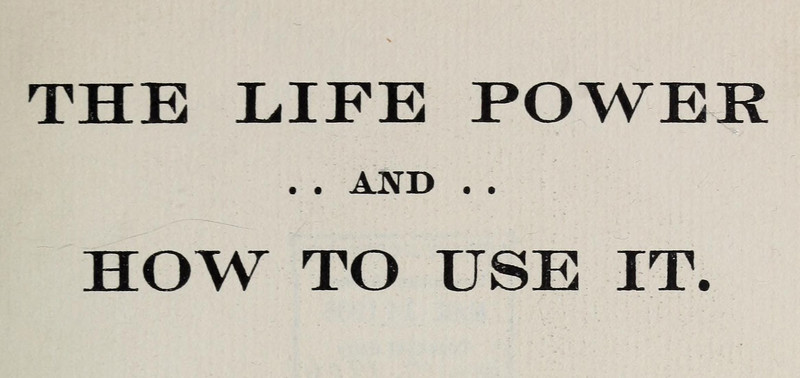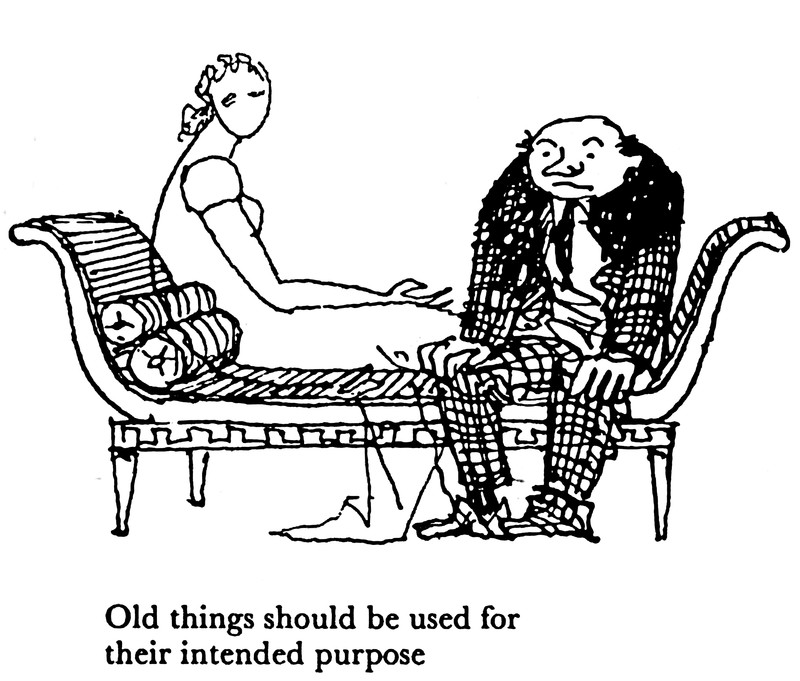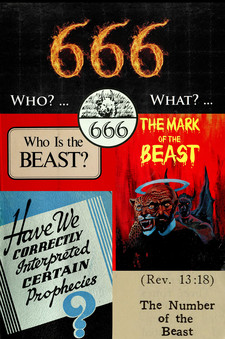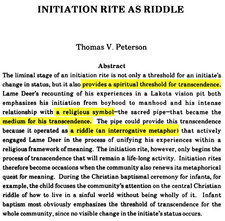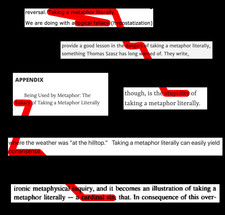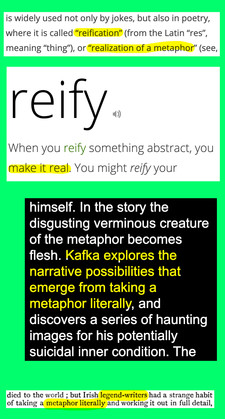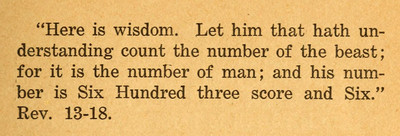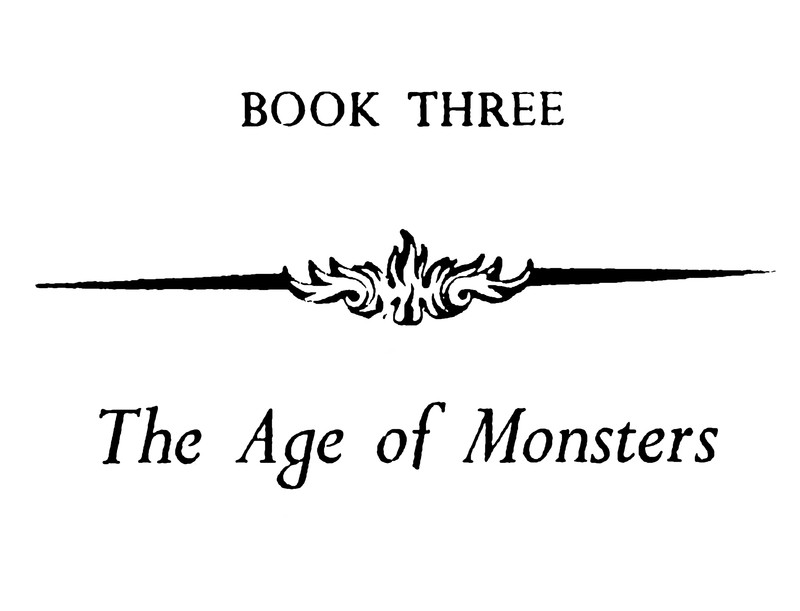I Found a Penny Today, So Here’s a Thought
|

 |
|
|
 |
 |
 |

Modeling One’s Life After Dark Shadows: Studiedly Stoddard
A significant contribution to the
burgeoning field of Stoddard studies.
Tips on how to conduct oneself, based upon the character of Elizabeth Collins Stoddard:
- Always look your best, even if your husband isn’t buried in the basement.
- Plant your feet firm on the deck when a gale blows. Hold your head up high and damn the devil, because you don’t know how to run scared.
- To clarify what you have heard and slow down the episodes of your life, repeat the last word spoken by whomever is talking to you. For example: “How are you today?” “Today?”
- Do your hair very high, and add a bow most of the time.
- Say you don’t care about money, but if anyone tries to take yours, hit him in the head with a poker.
- Your makeup matters, even if your wrinkled lips smear the lipstick. It will matter more once you go to color.
- Hold back your tears. Choke back your emotion. Crying reveals your weakness, and no head of a cannery can afford emotion. Think of the dead fish you have to put out of your mind every day. If overwhelmed by feeling, let one or two tears escape, and dab them away delicately with a lace hanky. Loud sobbing is okay if alone in your room late at night, or when in the locked basement room.
- Write your death date in the family Bible in pencil or erasable ink. You never know, do you?
- Wear a tasteful suit or dress, though you will not go out. You never know who will need to speak to you in the drawing room.
- Practice social distancing: work from home, limit guests to two at a time, and isolate them in the drawing room.
- Almost always, face the open window, your back to the guest, assuring fresh air.
- Always add the family jewels. Pearls or a brooch, or both. Think Queen Elizabeth without the purse.
- Speaking to people, always say, “I need to speak with you.” This sets them on edge, giving you an advantage as they contemplate the cause of your need. Then, ask them to step into the drawing room. Close the doors. You have thus taken command of both space and time and lent importance to even the simplest statement. Then say, "Thank you, but I don’t wish to discuss it.” They are completely at your mercy, having no idea what just happened.
- Always maintain that your marriage was one of the worst mistakes in your life.
- The cue you’re looking for may be outside the drawing room window.
- Keep yourself separate from the town. Class distinctions are important. Granted, the occasional trip to the jail to bail out your daughter will be required, but never, ever, enter The Blue Whale. The dancing is atrocious.
- Never hand over the key you keep on a chain around your neck.
- It helps to have a narrator summarize your day as you begin each new one. It cuts through a lot of doubt as to what happened yesterday. And a diary takes a lot of time. Be aware that the narrator may change, affecting your day.
- Prohibit anyone from loitering near the locked room in the basement.
- Secure some lacy bed jackets. A full robe is so cumbersome when you are being served tea in bed.
- Plan for a bell to be installed in your mausoleum just in case you’re buried alive.
- Always avoid the question.
- Try to read only family genealogy, the occasional magazine, or newspaper headlines (but only when a close friend has disappeared).
- Decline sherry if it is offered, unless it is the only thing to keep you from fainting.
- There is dignity in defending one’s house guests to the death.
- Allow only one person to informally call you ‘Liz.’ That is Roger, your brother, but even he should reserve such casual address for the most intimate situations. Only answer to Mrs. Stoddard. Even to yourself.
- Be tortured by the presence of death. Others can’t see it, of course, but if they look into your eyes, they’ll know that you, somehow, can see it.
- Stay fit by strolling to Widow’s Walk. Do not go there if you are feeling dizzy.
- When you don’t know what to say, scan the room for a prompt. It gives you a desperate look and buys time for your response.
- Remind younger siblings and staff that you are the matriarch. Collinwood (or your address) belongs to you. You are in control until little David (or your own male heir) comes of age.
- Limit phones in the house to two. Place them within feet of each other. No need to take calls when you are trying to rest. The ghostly widows calling you to your death are enough disturbance at night.
- Hands should be kept at your center, lightly clasped, or folded. This communicates your resolve to take no action of any kind in any situation. Neutrality and inaction equal power and class.
- If you don’t want people to know you are menopausal, avoid opening and closing windows during storms and while there is a fire in the fireplace. It’s a dead giveaway you are having hot flashes.
- Most importantly, whatever it is, don’t talk about it. Especially not over the phone. Or if it’s late. But it you must, always go into the drawing room and close the doors. For God’s sake, not the hall!
|

 |
Couldn't have put it better ourselves! From Woroni, 1984.
|


 |
|
|
 |
 |
 |
Two quick things.
1. Proof that advertising works? The figure from American's 1985 yearbook (pictured top) seems to be emulating the newspaper ad (pictured bottom). However, he didn't get the brand with "tips," perhaps worried that, contrary to the promises, even putting just "the tip" into your mouth may trigger questions about one's sexual orientation.
2. Note the bizarre ad copy: "Paused. Reflected. Then paused again. And reflected again. Then paused. Then reflected. Paused once more." For people who need to inhale expensive smoke in order for their consciousness to blink in and out? (Sad.) The story of the ad (spoiler) is that it took him that long to look at his test scores and see that he passed. We'd say he had already scored when he put the tip in his mouth. But that's between him and his psychiatrist and is technically none of our business.
[By the way, Mr. Copy Writer, we noticed the "Graham Watt" wordplay. How many grams of nicotine are lit up like units of watt power? Not bad.]
|

 |
One encounters so few haunted bookstores anymore (at least ones that advertise their hauntedness). Our favorite haunted bookstore, in Louisiana ( a derelict building now, shown here), allowed patrons to take any haunted book away for every two haunted books they brought in. Just imagine — books so accursed, so jinxed, that the proprietor was willing to receive two haunted books of unknown provenance just to rid himself of one. Perhaps his unnaturally possessed stock, by the fine print of some diabolical bargain, could only be voluntarily taken and not sold. Perhaps that's why that haunted bookstore allowed trades. From The Martlet, 1976.
|

 |
"The worst is yet to come." From Woroni, 1987.
|







 |
You're right — someone translated "Humpty Dumpty" into Latin. From Ethos, 1963.
|



 |
That Most Notorious Number, 666:
Taking a Metaphor Literally
A mischievous friend in Las Vegas asked for our take on the Number of the Beast, 666. Our first sentence is a beast in itself, but bear with us:, for we'll address the perverse, diabolical importance of taking metaphors literally:
We’re reminded by Prof. Thomas Peterson that a religious symbol can be a medium for transcendence, framing as it does the cosmological boundaries of a spiritual threshold, when it operates as a riddle (an interrogative metaphor) that actively engages one in a life-long quest for meaning.
Solutions to religious enigmas are never simple, Peterson notes, for they must bridge domains of ever-changing human experiences. The best puzzles take one beyond purely literal meanings and into ever-deeper metaphorical unities; momentarily solved, they become more profoundly mysterious as they embrace greater ranges of everyday life. There is always some aspect that continues to haunt the religious seeker, especially during periods of crisis. These riddles destroy simplistic and literal interpretations of the sacred (“Initiation Rite as Riddle,” Journal of Ritual Studies, Jan. 1987, p. 73).
In light of Prof. Peterson’s insights into the riddles of sacred initiation, we see the great enigma of the Number of the Beast as another invitation to discover profoundly deeper meaning. The riddle concerning the number “six hundred threescore and six” has a devastatingly simple solution that Wikipedia, once again, manages to overlook. It involves absolutely no mathematics but rather the spelling of the Hebrew numbers—in a bit of wordplay, the syllables express a person’s name as well as numbers. Be that as it may, ancient riddles take on a special mystique over the centuries, and that’s a marvelous thing. The number of the beast in the Book of Revelation is a metaphor, but to solve it is to dissolve it. If, instead, we take that metaphor literally, we preserve the riddle as a possible tool for transcendence.
Granted, the party line is that taking metaphors literally is “absurd,” a “fallacy,” “nonsensical,” “stupid,” “dangerous,” even “a cardinal sin.”
Yet, there’s a word in poetry for taking metaphors literally—“reification,” bringing something abstract into realization.
If they hadn’t taken metaphors literally, we’d have none of Kafka’s timeless visions, nor Lewis Carroll’s or Edward Lear's, nor any of the world’s great legends. What if we don't say, “the beast of Revelation symbolizes this” or “the number 666 decodes as that.” What if we say, as in the scripture, a beast is a number of a man? Remember, the verse begins, “Here is wisdom.” Where might the wisdom of 666 take us?
|

 |
|
|
 |
 |
 |
Mindblowing insights from the afterword to Philip K. Dick's epic Exegesis: On the reality-distortion induced by reading PKD's works: "PKD's fiction taps into shamanic powers to shape and bend consciouness and the realities that project from it."
For whom was PKD writing his posthumously-published 9,000-page Exegesis? For those born to read it. [ We were, and we did!] PKD wrote his Exegesis in a state of ecstasy, literally "beside himself," and the Exegesis embodies the Philip K. Dick who was beside the other one. Is the Exegesis a massive artifact from an unwritten novel that is trapping a character who lives on Mars? The afterword suggests that, like a 9,000-page shamanic song of the Upper Amazon, the Exegesis needs to be performed. "Singing it at about three minutes per page would take over four hundred hours, about ten weeks of a full-time job of the sort that a Philip K. Dick character might be trapped within, working at home from his Martian hovel, reading it aloud while the surveillance tapes whirred."
|

 |
We, too, were once trapped by the imprint of our own teeth in a half-eaten apple, but only in the orchard of imagination. From Film Daily, 1935.
|


Page 117 of 170

> Older Entries...

Original Content Copyright © 2025 by Craig Conley. All rights reserved.
|



